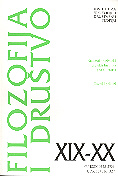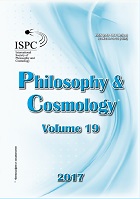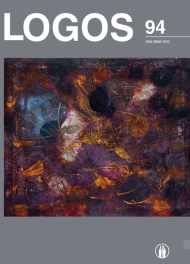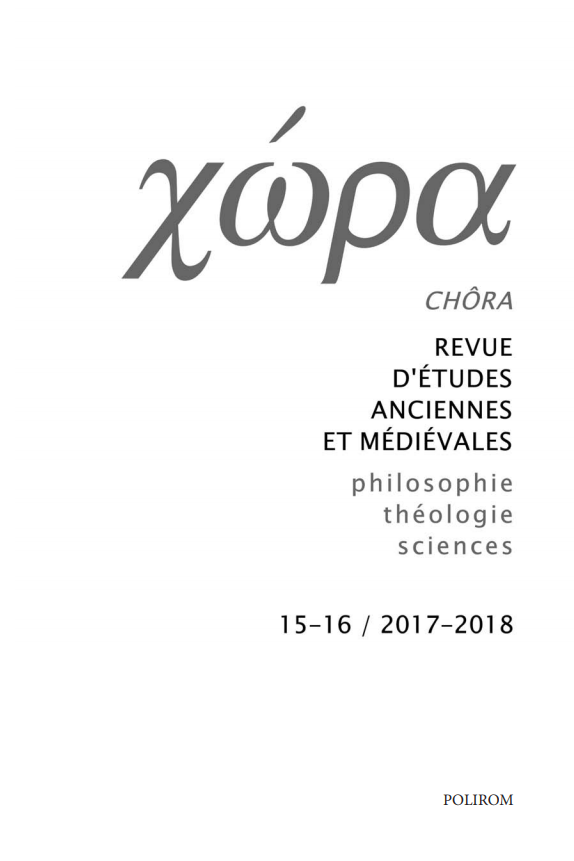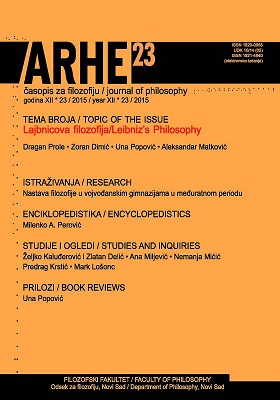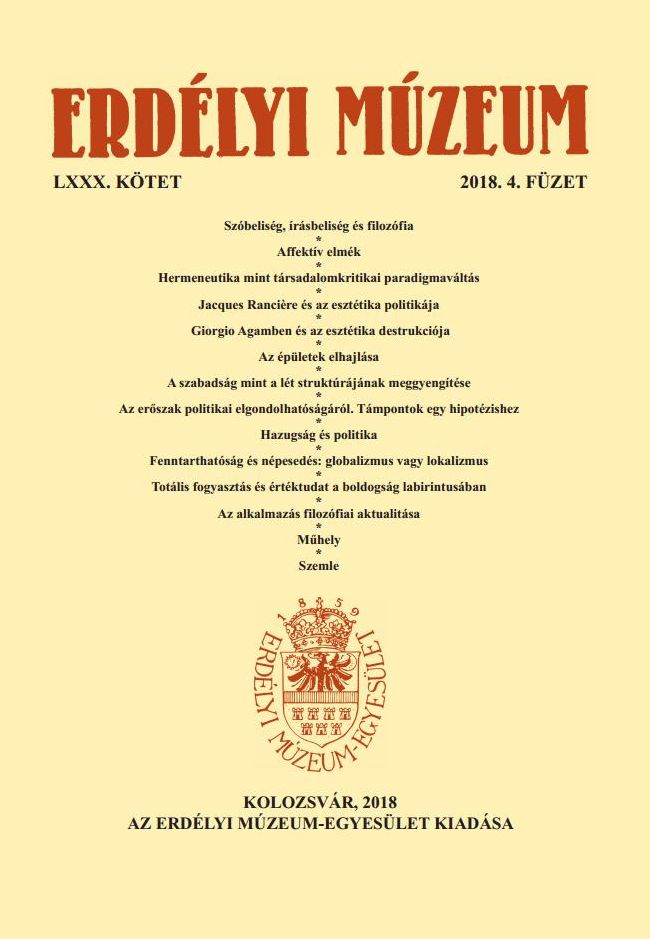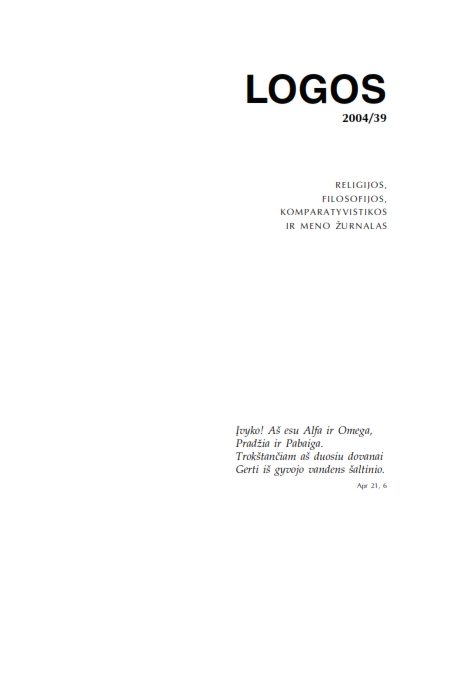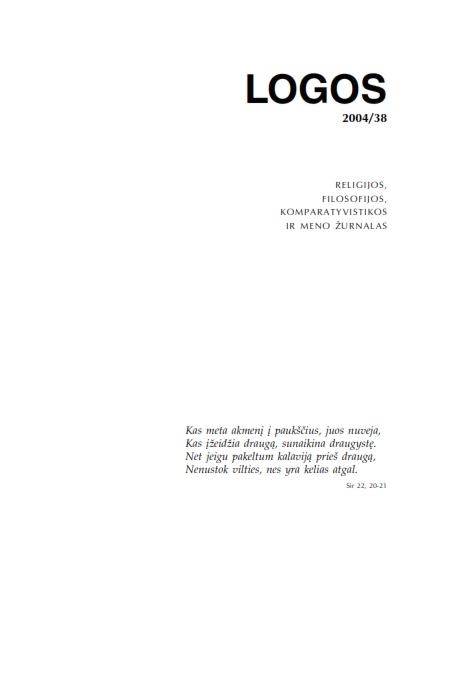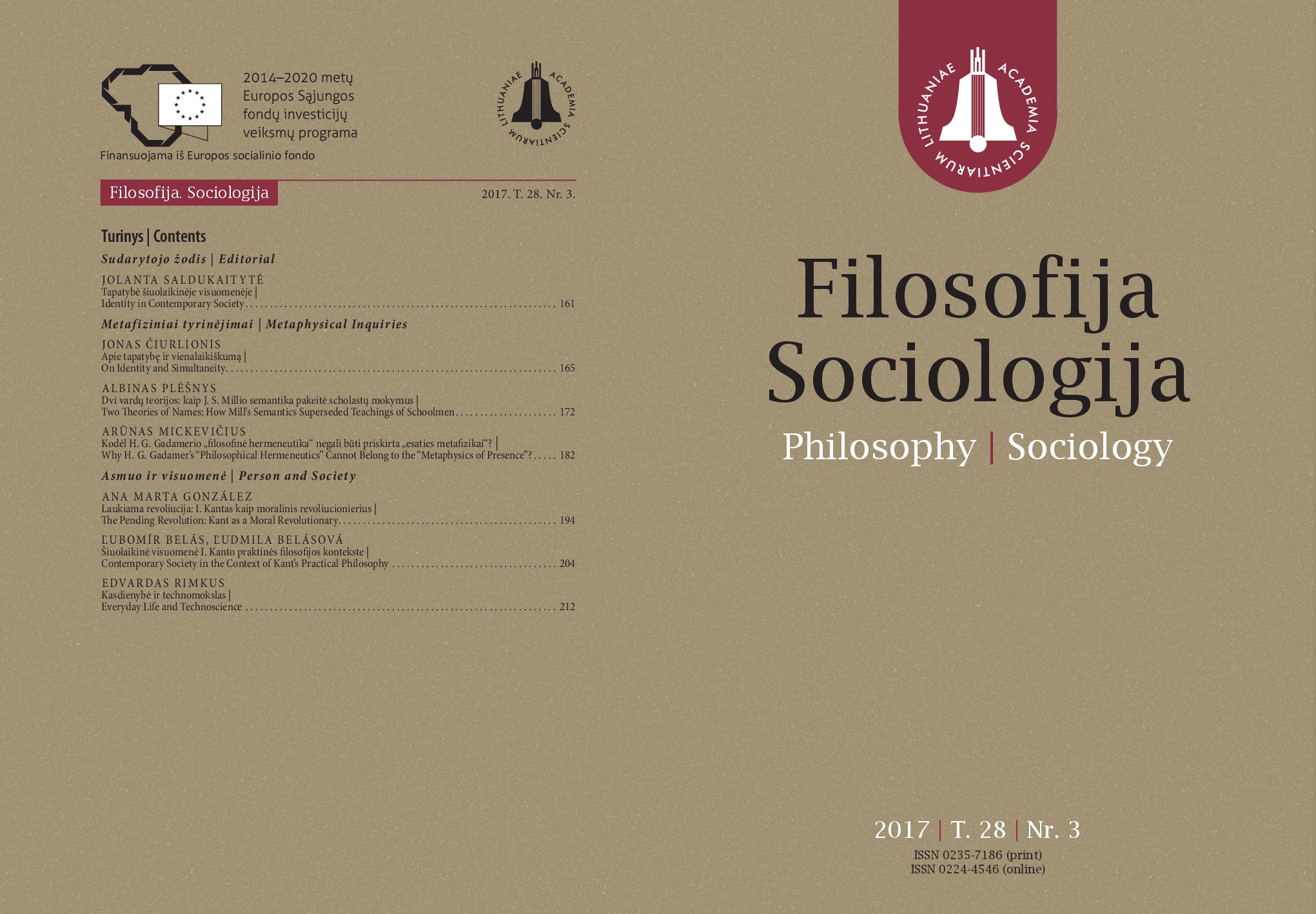
On Identity and Simultaneity
While we often talk about different types of identity, logical, ontological, or Leibniz’s Identity of Indiscernibles, we often tend to overlook that any question regarding “What is identical?” or “How is it identical?” depends upon “When is it identical?” or “Where is it identical?” Therefore, identity cannot be understood without spacio-temporal reference. Also, as any object can be described as an event or to make it stricter – any object is an event, thus anything considered to be simultaneous also must be considered as identical in time. However, while simultaneous objects (events) are considered to be identical in time, not all identical objects (events) are considered to be simultaneous. Following this consideration, four possible types of spacio-temporal identity are analysed. Any object (event) can be identical: A) In Time and Space; B) In Time but not in Space; Γ) In Space but not in Time; Δ) Neither in Space nor in Time. Therefore, all objects (events) that are considered as being identical fall into one of these four spatio-temporal types. This is true whether we have properties, features, qualities or any other factors which let us consider objects (events) as identical. As we can see, only cases A and B apply to the notion of simultaneity, where objects (events) are considered to be identical in time. We also know that simultaneity is relative and depends upon a system of reference. Therefore, we may expect that the same applies to identity thus forming an idea of relativity of identity in those types that depend on time.
More...
